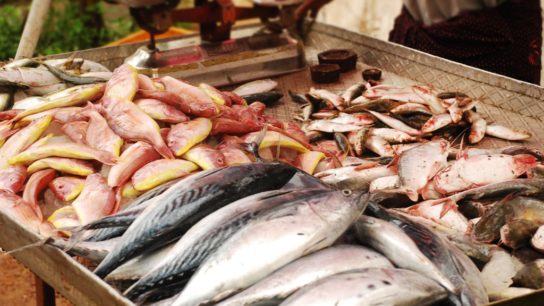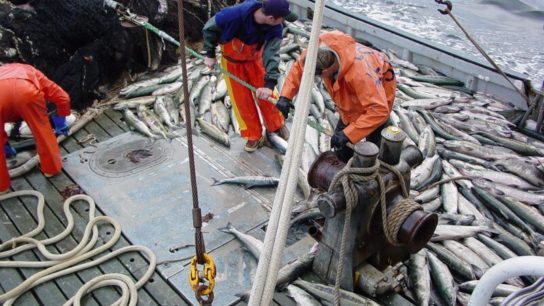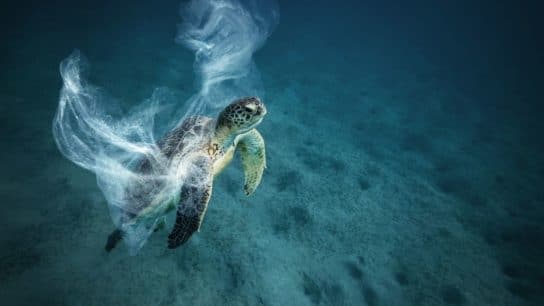The government of Australia successfully blocked UNESCO in listing the Great Barrier Reef as an endangered World Heritage site following earlier report findings that the reef has severely deteriorated due to climate change.
—
What is Happening?
- A UN committee report published in June found that due to climate change, the endangered Great Barrier Reef has deteriorated to such an extent that it should be listed as a world heritage site “in danger”. Despite the Australian government’s efforts to restore and improve the health of the reef, “there is no possible doubt that the property is facing ascertained danger.”
- The report claims Australia had failed to meet key water quality and land management targets, as well as overall lacklustre climate efforts. It was also noted that while most developed countries have set carbon neutrality goals by 2050 or earlier, Australia is yet to make any.
- The government of Australia vehemently disagrees with the findings, where Federal Environment Minister Sussan Ley stated: “The Great Barrier Reef is the best managed reef in the world and this draft recommendation has been made without examining the reef first hand, and without the latest information.”
- Ley and the government began lobbying across Europe since June. On July 23, they managed to garner support from 12 other countries to delay a decision until 2023, effectively prevented the Great Barrier Reef listed as an “in danger“ world heritage site for now.
- However, the World Heritage Committee, which consists of 21 member states, required Australia to submit a report by February 2022 on their conservation efforts and protective measures implemented for the reef. Should members of the committee agree that not enough action isn’t taken to address concerns, the Great Barrier Reef would lose its World Heritage status and potentially heavily impact Australia’s international tourism industry.
- This is not the first time the Australian government has managed to postpone a decision on the status of the Great Barrier Reef. In 2015, the country successfully lobbied for a delay and committed billions of dollars towards the protection of the reef.
- The UN body was heavily criticised, particularly by environmental groups, in their decision not to downgrade the reef’s status. Many argue that there needs to be a push for more immediate action on climate change and water pollution.
- The Great Barrier Reef, the world’s largest and longest reef system in the world, spans nearly 345,000 sq km off Australia’s northeastern coast and is home to more than 1,600 species of fish and 600 species of soft and hard corals.
- The reef has experienced some of the most severe coral bleaching in recent years, caused by warming ocean temperatures, and has reportedly lost 50% of cover in 2016 and 2017 as a result. However, the reef is a vital player in the Australian economy, contributing $6.4 billion annually and supporting 64,000 jobs, according to the Great Barrier Reef Foundation.
- Scientists from the government of Australia say there’s been evidence of some recovery in the last 12 months though long-term progress remains slow. In response to the reef’s status, Australian officials claim they hope to meet the required targets as soon as possible without impacting the country’s economy.
You might also like: 5 Coral Reefs That Are Currently Under Threat and Dying
Featured image by: Flickr


















